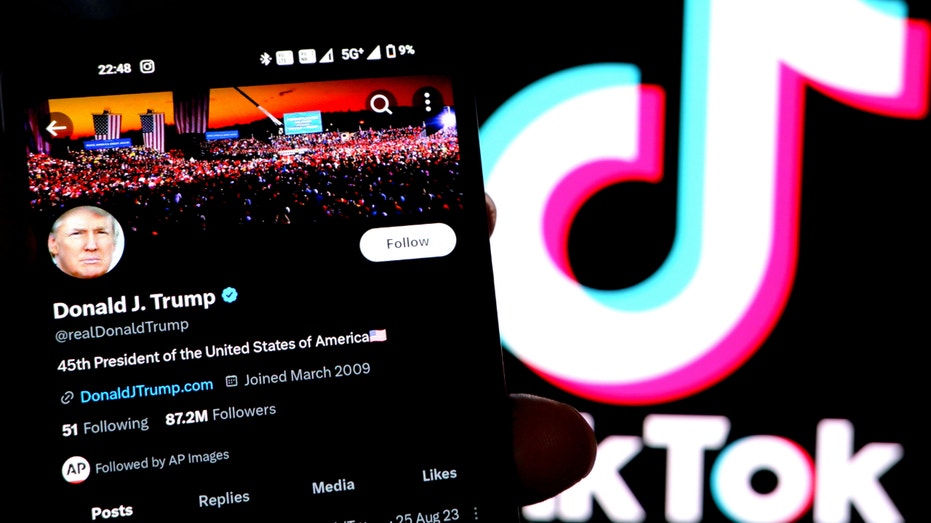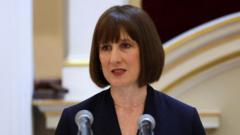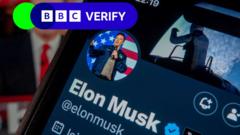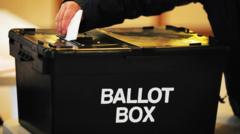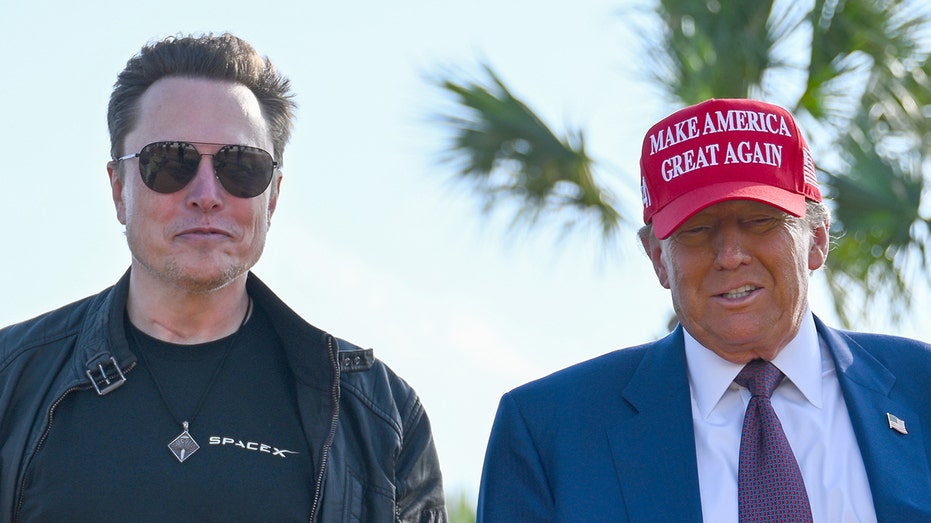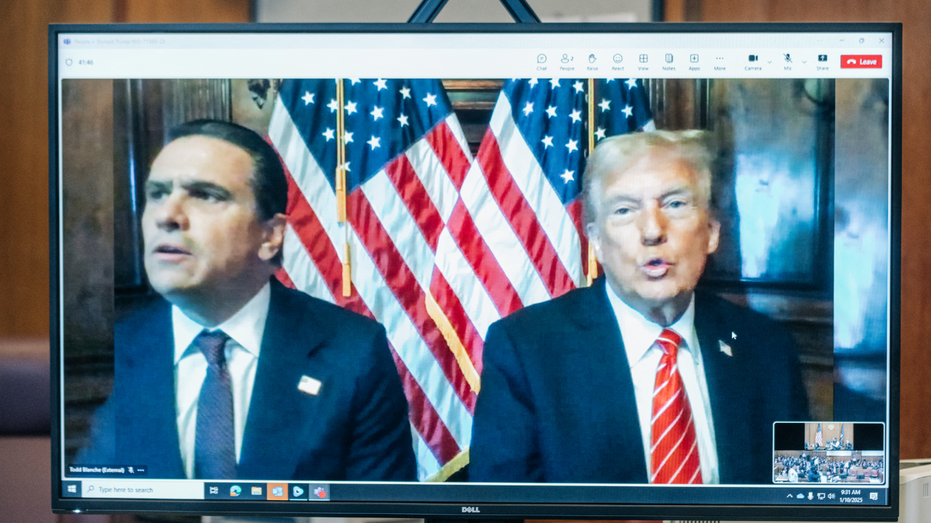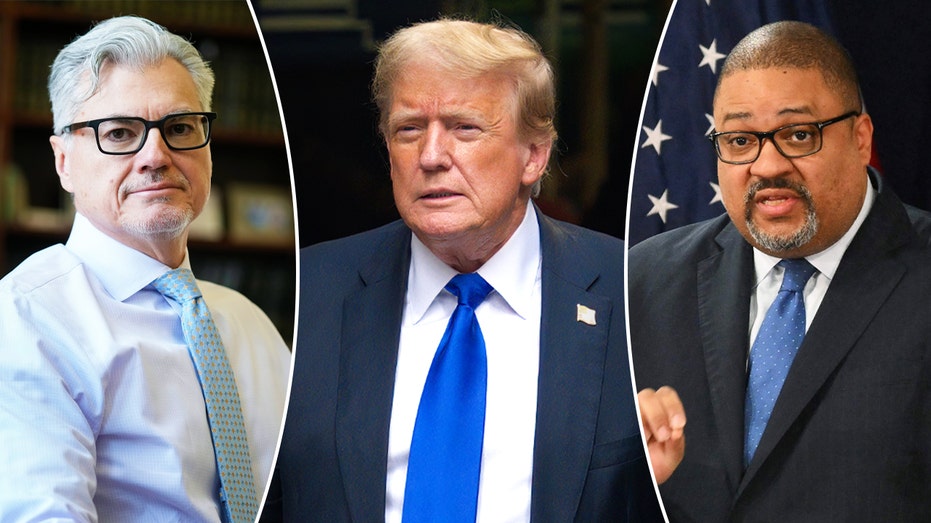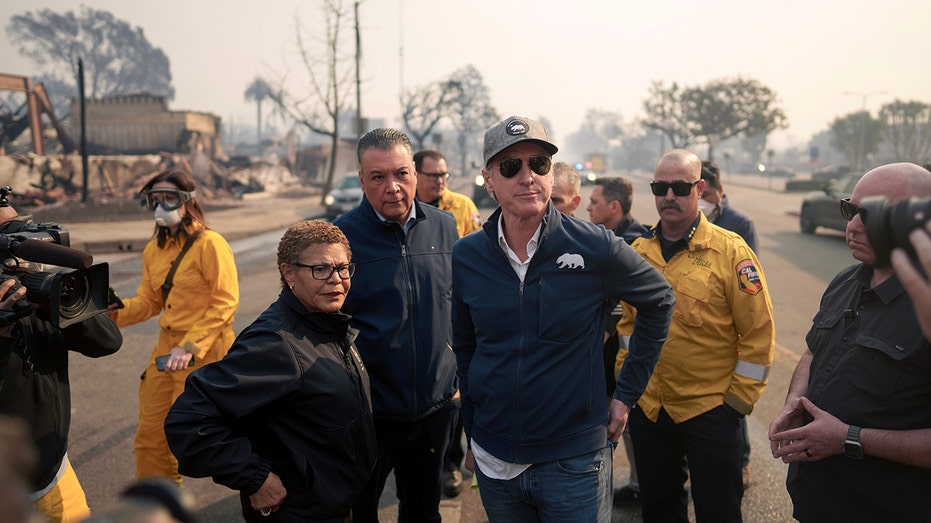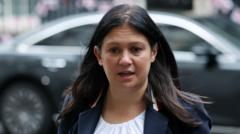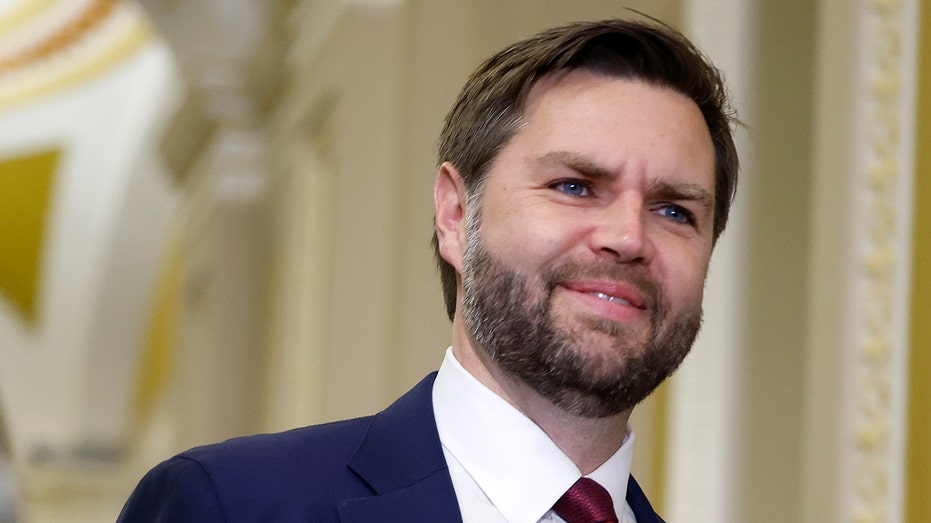‘Great embarassment’: Hear Trump's courtroom response to Judge Merchan's 'political witch hunt' trial
The audio tape of President-elect Donald Trump’s New York City sentencing hearing was released to the public on Friday giving insight into the unprecedented conviction against a former president where Trump was ultimately sentenced to an unconditional discharge.
"This has been a very terrible experience," Trump, who virtually attended the criminal trial sentencing hearing, told the New York City courtroom on Friday morning. "I think it's been a tremendous setback for New York and the New York court system."
"This is a case that Alvin Bragg did not want to bring. He thought it was from what I read and from what I hear, inappropriately handled before he got there. And a gentleman from a law firm came in and acted as a district attorney," the president-elect continued. "And that gentleman, from what I heard, was a criminal or almost criminal in what he did. It was very inappropriate. It was somebody involved with my political opponent."
"I think it's an embarrassment to New York and New York has a lot of problems, but this is a great embarrassment," he added.
At one point, Trump leaned forward, looking at Judge Juan Merchan, and referenced the November election, suggesting that it represented a repudiation of this case.
"It's been a political witch hunt," Trump explained. "It was done to damage my reputation so that I'd lose the election. And obviously, that didn't work. And the people of our country got to see this firsthand because they watched the case in your courtroom. They got to see this firsthand. And then they voted, and I won."
Assistant District Attorney Josh Steinglass stated that there was "overwhelming evidence to support the jury's verdict" and was critical of Trump, claiming the president-elect "has caused enduring damage to public perception of the criminal justice system and has placed officers of the court in harm's way" with the comments he publicly made during the trial.
"I very, very much disagree with much of what the government just said about this case, about the legitimacy of what happened in this courtroom during the trial and about President Trump's conduct fighting this case from before it was indicted, while it was indicted, to the jury's verdict, and even to this day," Trump’s attorney Todd Blanche said in response to the prosecution.
ANDREW MCCARTHY: SUPREME COURT ALLOWS TRUMP TO BE TAINTED AS A FELON. BUT THERE'S A CATCH
During the hearing, Judge Juan Merchan defended the actions he took along the way.
"The imposition of sentence is one of the most difficult decisions that any criminal court judge is called to make," Merchan said, noting the court "must consider the facts of the case along with any aggravating or mitigating circumstances."
Merchan reflected on the case, saying that "never before has this court been presented with such a unique set of circumstances." The judge said it was an "extraordinary case" with media interest and heightened security but said that once the courtroom doors were closed, the trial itself "was not any more unique or extraordinary" than any other case.
Merchan acknowledged that Trump is afforded significant legal protections but argued that "one power they do not provide is the power to erase a jury verdict."
"Sir, I wish you Godspeed as you assume the second term in office," Merchan said at the close of the hearing.
Merchan's unconditional discharge sentence means there is no punishment imposed: no jail time, fines or probation. The sentence also preserves Trump's ability to appeal the conviction.
"After careful analysis, this court determined only lawful sentence that permits entry of judgment of conviction is an unconditional discharge," Merchan said Friday. "At this time, I impose that sentence to cover all 34 counts."
Trump’s team said in court that they will appeal the conviction, and he will be sworn in as the 47th president of the United States on Jan. 20.
Fox News Digital’s Brooke Singman contributed to this report

